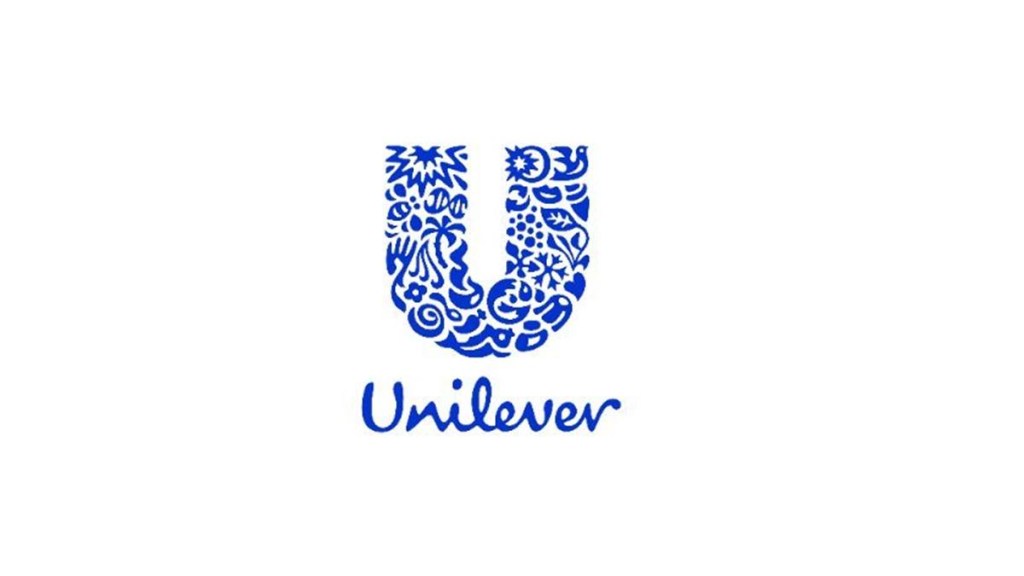Hein Schumacher, the new chief executive officer (CEO) of Unilever, who replaced Alan Jope on July 1, said he remained committed to stepping up performance at the consumer goods company, after it reported flat volumes for the June quarter on Tuesday.
Sales growth of 7.9% for the June quarter rose on the back of price hikes, while volume growth declined 0.3% for the period. 60% of Unilever’s turnover comes from emerging markets, which includes India, the company’s second-largest market globally after the US.
In an earnings’ call on Tuesday, Schumacher, 51, said that he would be visiting more of the company’s key markets in the days ahead, as he prepared to unveil his broad plans for Unilever in October. Besides the US and India, the company counts China among its priority markets. While Schumacher has already visited the top three priority markets, he said, he would be visiting Indonesia and other emerging markets in the future as part of his larger outreach programme to understand Unilever’s brands and markets across the globe, he said.
“I would like to see us continuing our agility, accountability and category focus,” Schumacher said about his first impressions three weeks into the job as CEO.
“There is real opportunity to step up performance and competitiveness and drive significant value creation ahead,” he said, adding that he wanted to see more brands performing better than competition in the future.
“Our brands should be winning superiority tests week in, week out, and when they are not, we should be taking decisive action,” he said, adding that the company would be investing more behind brands in the future as moderating inflation improved gross margins giving the firm more room to reinvest in the business.
Schumacher also said that in fast-moving consumer goods (FMCG), consumers have the “final say” and that product superiority mattered the most in the industry.
Less than half of Unilever’s business (41%) is winning share on a rolling 12-month basis, according to its latest results, which Schumacher said was “disappointing”. The consumer goods veteran, who joined Unilever in October last year, said he wanted to increase this number, by paying more attention to research and development and holistic product quality.
Alongside product superiority, Schumacher outlined a keen focus on the innovation pipeline of the company and sustainability. He also shared his intention to continue to lean into Unilever’s new business structure, which was put in place last year. This structure divides the company into five category-orientated business groups, such as beauty and well-being, personal care, home care, nutrition and ice cream.
While Unilever has 14 ‘billion euro’ brands or power brands that account for over 50% of turnover, Schumacher is keen to grow this list of brands in the future. Some of Unilever’s power brands include Dove, Lux, Surf Excel and Lifebuoy, which are also big in India.

